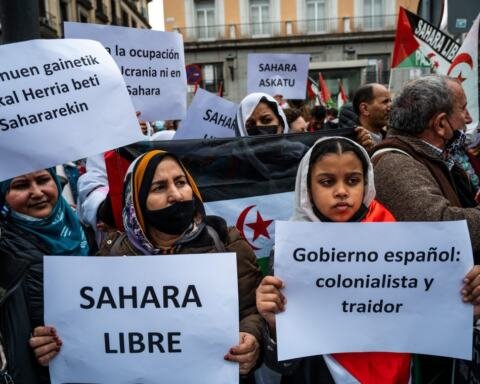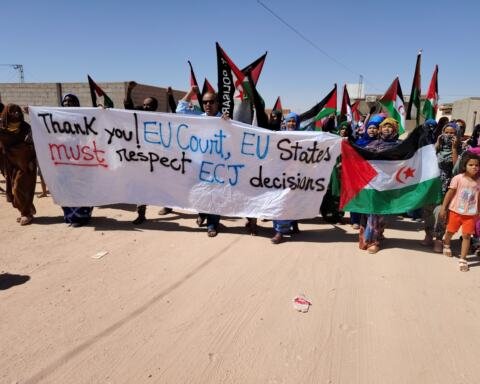Rich in resources and small in population, Western Sahara, partially occupied since 1975 by neighbouring Morocco, has a history shaped to a large extent by its natural wealth. Indeed, sovereignty over the country’s phosphates became a key claim of the pro-independence, anti-Spanish Saharawi movement in the early 1970s. Yet I argue in this paper that, since the beginning of the Moroccan colonial period, it is only recently that sovereignty over these resources has re-emerged as a prominent demand of the Saharawi resistance activists.
My paper charts the long history of mostly non-violent resistance in the Occupied Territories, the focus of which, since the Moroccan occupation, has traditionally been on human rights and independence. Drawing on theories of hegemony and everyday resistance, my paper explores what has prompted the recent turn towards natural resources as a demand of Saharawi pro-independence activists and asks what the wider implications of these new resistance claims are.
Full article
Natural-resources-and-intifada-oil-phosphates-and-resistance-to-colonialism-in-Western-SaharaSource: Taylor & Francis Online
Support our work
Support our work
Support our work with a one-off or monthly donation
AuthorJoanna AllanYear2016Pages23LanguageEnglish
Share via
Related resources
The Western Sahara Dispute: A Cautionary Tale for Peacebuilders
The UN and MINURSO have succeeded neither inconducting a referendum nor in…
Western Sahara as a Hybrid of a Parastate and a State-in-Exile: (Extra)territoriality and the Small Print of Sovereignty in a Context of Frozen Conflict
Within the liminal universe of parastates, what makes Western Sahara/SADR…
The Front Polisario Verdict and the Gap Between the EU’s Trade Treatment of Western Sahara and Its Treatment of the Occupied Palestinian Territories
Morocco’s control over Western Sahara and Israel’s control of the West Bank…



